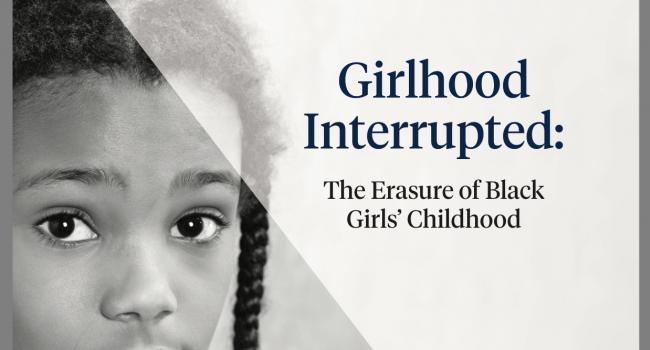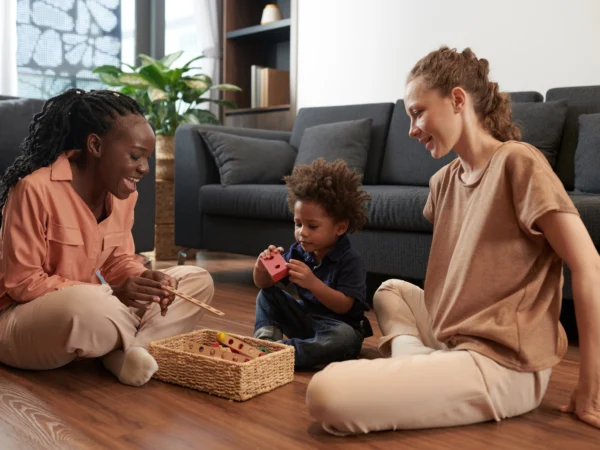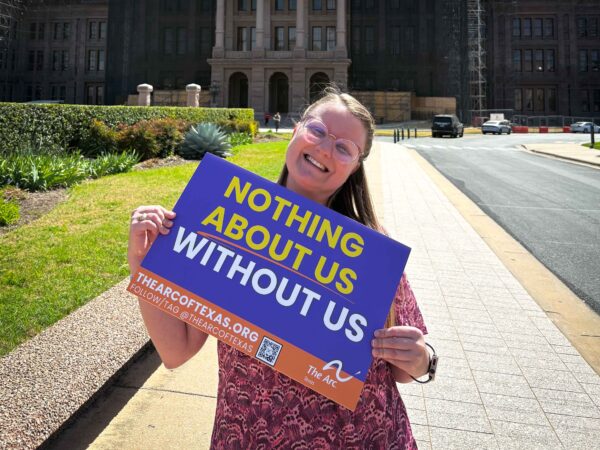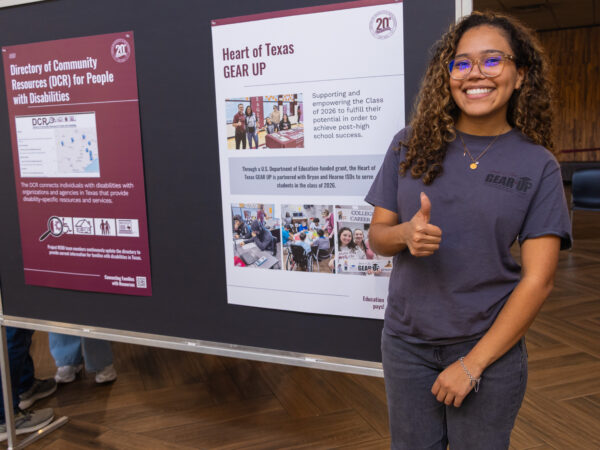
Black Girls Viewed As Less Innocent Than White Girls, Research Finds
Biases revealed in a new report may shed new light on why black girls are disciplined more harshly than their white peers.
The report, Girlhood Interrupted: The Erasure of Black Girls’ Childhood, focuses on adult perceptions of black girls and finds adults view black girls as less innocent and more adult-like than their white peers.
Authors of the report, including Dr. Jamilia Blake, associate professor of school psychology at Texas A&M, adapted the scale of childhood innocence developed in 2014 to include stereotypes associated with black girls. They then applied the scale to a new survey on adult perceptions of girls and found significant bias toward black girls starting at age 5.
Across the four age brackets examined, the most significant differences in adult perceptions were found in relation to girls ages 5-9 and 10-14.
“These findings show that pervasive stereotypes of black women as hypersexualized and combative are reaching into our schools and playgrounds and helping rob black girls of the protections other children enjoy,” explained Dr. Blake.
The report reveals that adults think:
– Black girls need less nurturing than white girls.
– Black girls need less protection than white girls.
– Black girls need to be supported less than white girls.
– Black girls need to be comforted less than white girls.
– Black girls are more independent than white girls.
– Black girls know more about adult topics than white girls.
– Black girls know more about sex than white girls.
“This new evidence of what we call the ‘adultification’ of black girls may help explain why black girls in America are disciplined much more often and more severely than white girls – across our schools and in our juvenile justice system,” explained Dr. Rebecca Epstein, executive director of the Center on Poverty and Inequality at the Georgetown University Law Center, and lead author of the report.
Drs. Blake and Epstein want more studies on the adultification of black girls and its possible causal connections to negative outcomes across education, juvenile justice and child welfare. They also recommend adultification training for teachers and law enforcement to help counteract the negative consequences of bias against black girls.
“We urge legislators, advocates and policymakers to examine the disparities that exist for black girls in the education and juvenile justice systems and to pursue reforms that preserve childhood for all,” said Dr. Blake.
You can view the full report, Girlhood Interrupted: The Erasure of Black Girls’ Childhood here.
About the Writer
Ashley is the Media Relations Coordinator and responsible for news coverage in the Department of Teaching, Learning and Culture as well as the Department of Educational Psychology.
Articles by AshleyFor media inquiries, contact Ashley Green.














